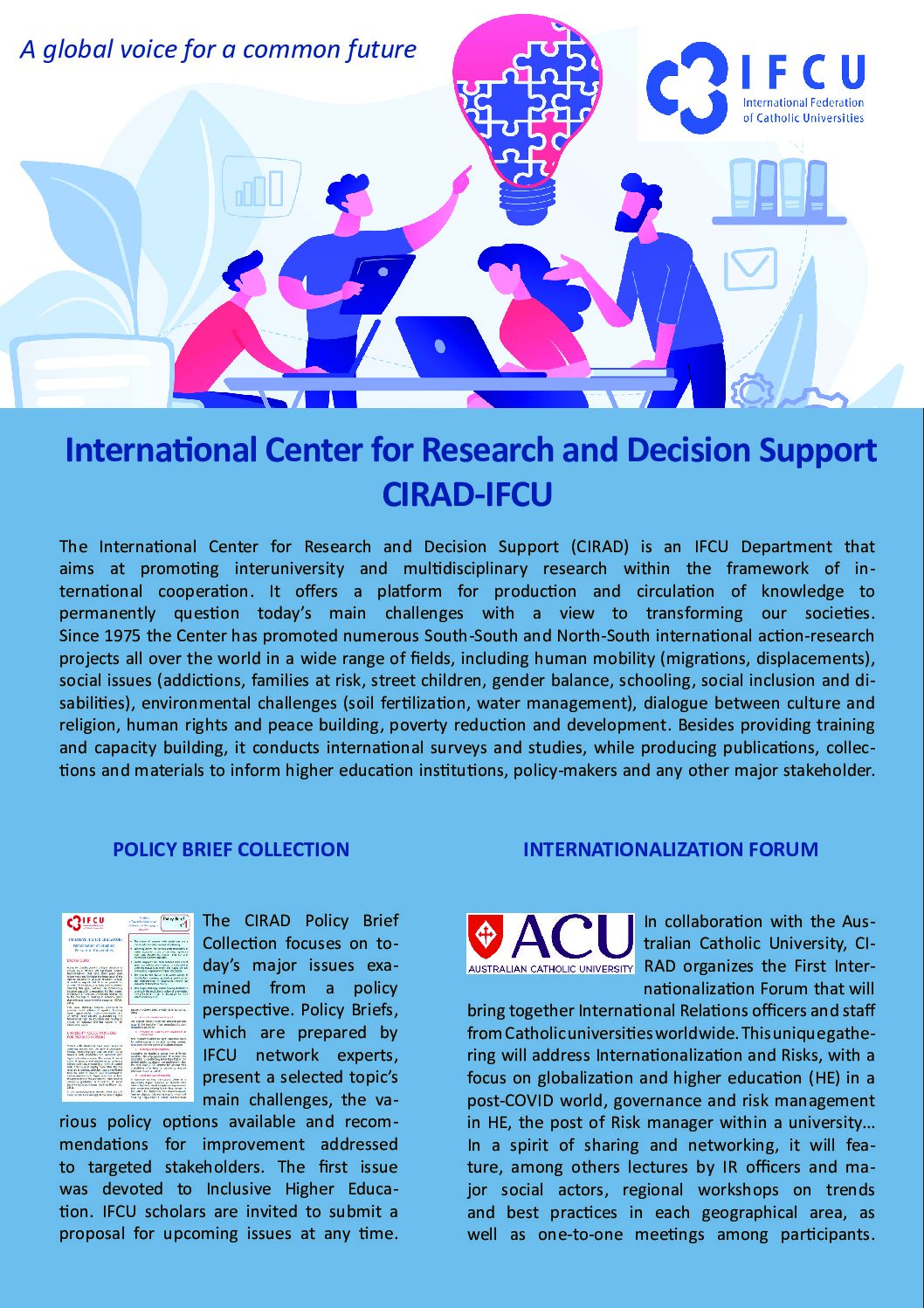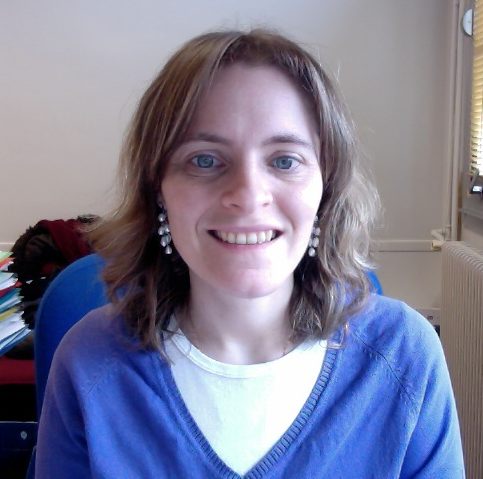Report – ACISE International Conference 2017

The Association of Catholic Institutes of Education (ACISE) is a sectorial research group in educational sciences that is affiliated to the International Federation of Catholic Universities (IFCU). Since 1989, its members, which are Catholic universities with a Faculty of Education, have been meeting every year to share their research and experiences on a common theme.
This year, the ACISE colloquium took place at the Université Catholique de l’Ouest (UCO) d’Angers (France) on 19, 20 and 21th April 2017 on the theme « Educate, change and continuity». This meeting included the contributions of some forty university researchers from all regions of the world who discussed the continuity of Catholic higher education and its disruptive phenomena. For three days, researchers, teachers and actors of the academic world were able to share their opinions and discuss in formal communications and more pedagogical workshops organised by the UCO d’Angers.
The inaugural conference of the 2017 edition by Pascal Balmand (Secretary-General of the General Secretariat of Catholic Education) on the benefits of a Catholic School in the French educational system drew the attention of the audience. He talked about the general questioning of the legitimacy of the school institution, of a lack of consensus on the missions of the school, the pedagogical methods and the articulation between teaching and education. In this fragmented context, the place of the Catholic school in the French model would become more and more ambiguous : Which relation with the State? Which educational and pedagogical pratices? How should the young students be welcomed? According to M. Balmand, the fundamental DNA of the French Catholic school is to constitute a fraternal laboratory that modestly proposes clear values – rather than virtues. The main mission of the Catholic school is not to train Christians, but to try to train in a Christian spirit all the children and young people who are entrusted to it. Paul Ricœur said that if the Christian communities limited themselves to being encysted social cells that protect themselves from the outside, they would become marginal and sentence themselves to death. More than ever, the problem for the Catholic school is to decide which teachings will be vital for today, tomorrow and the future. This conference and its free and firm positions characterised the tone of the next three days, offering a space for both philosophy of education and innovation in terms of approaches and methods.
Amongst the speakers, Nathanaël Wallenhorst made a noted presentation on Antropocene education, a period that is characterised by the fact of taking into account the impact of human activity on the earth system. The conditions of habitability on the planet Earth having changed, education would represent the best long and medium term political tool that would enable the transmission to the new generations of this new reality and its stakes.
Concerning pedagogical approaches, a spotlight was cast on neurosciences during a workshop led by Pascale Toscani and Noëlle Zendera. The aim was to identify and understand the functioning of the brain and all its neuronal connections in a learning situation. The neurosciences have confirmed certain common theories and practices in education, and questioned other pedagogical methods. But in no way must they constitute a method, they aspire to enrich pedagogy and didactics.
The lively examples of philosophical and methodological innovations presented during the various communications and workshops continue to make ACISE a place of convergence of research in educational sciences and an essential meeting place for the professionals of the sector. At the end of the colloquium, the members of the general assembly of ACISE gathered to make a summary and fix the guidelines of the next meeting. The next international colloquium of ACISE will take place in Glasgow in 2018 and its theme will be « Catholicism, culture and education ».


